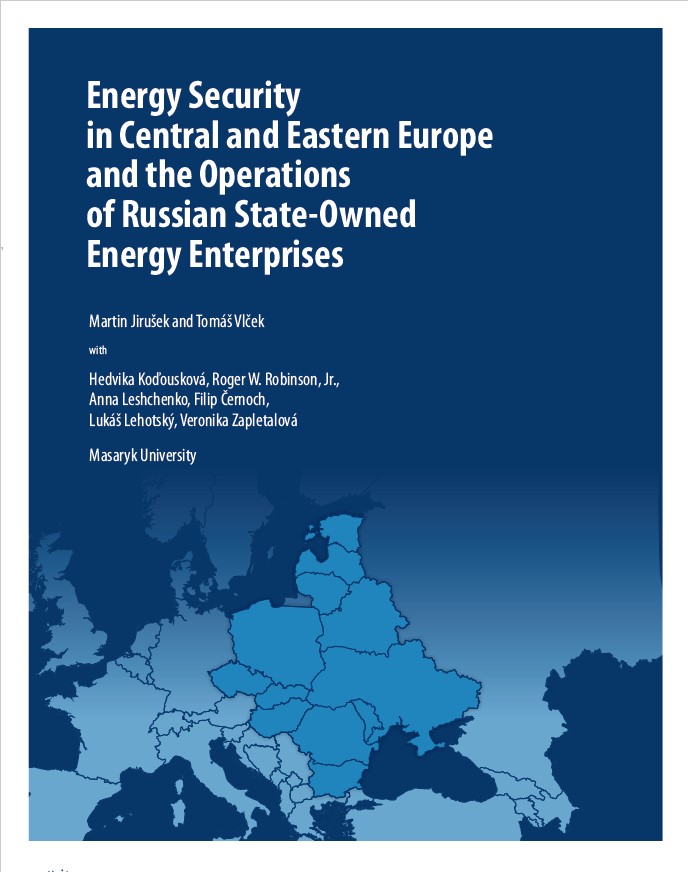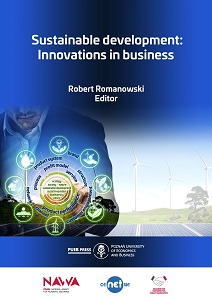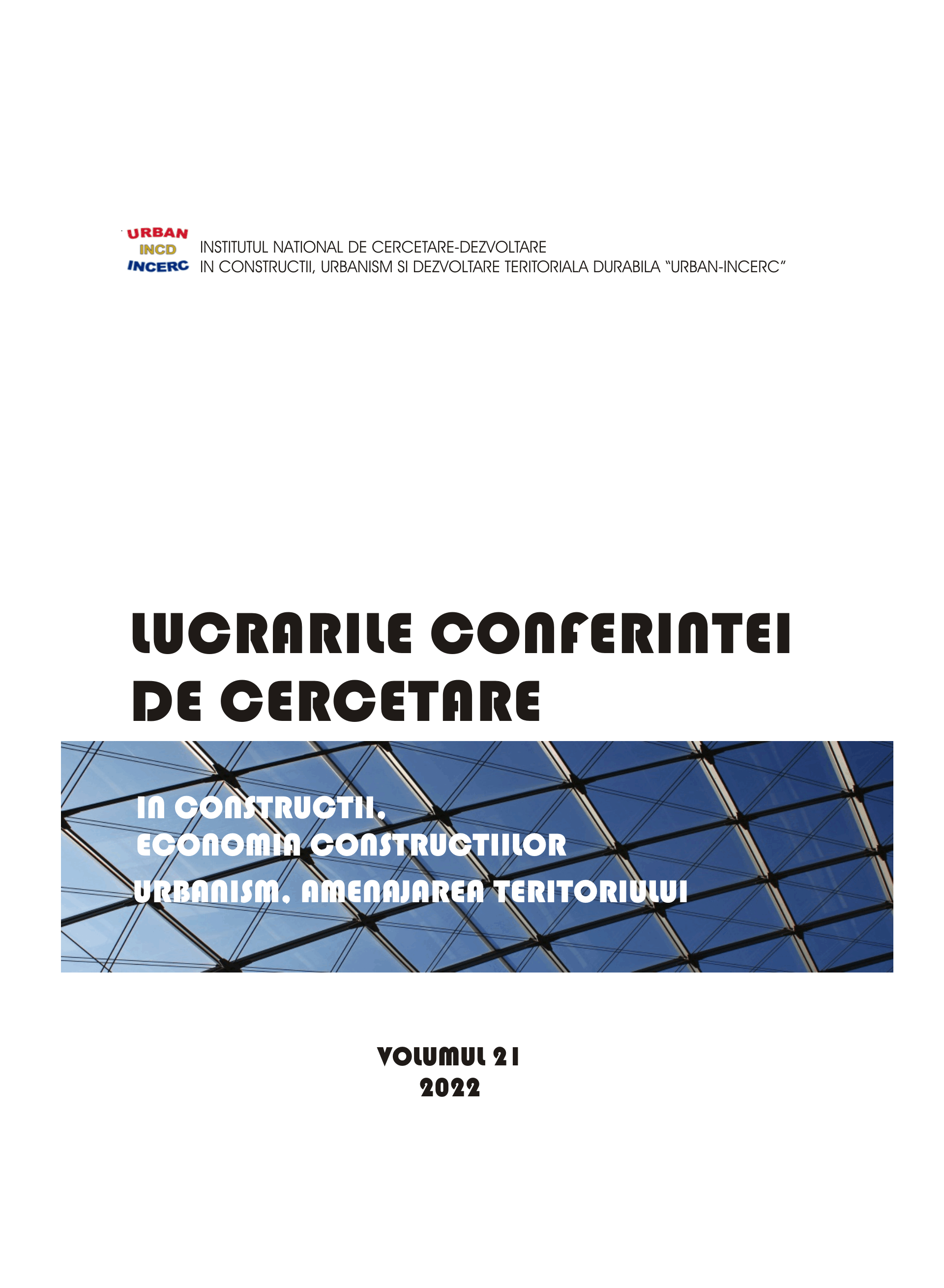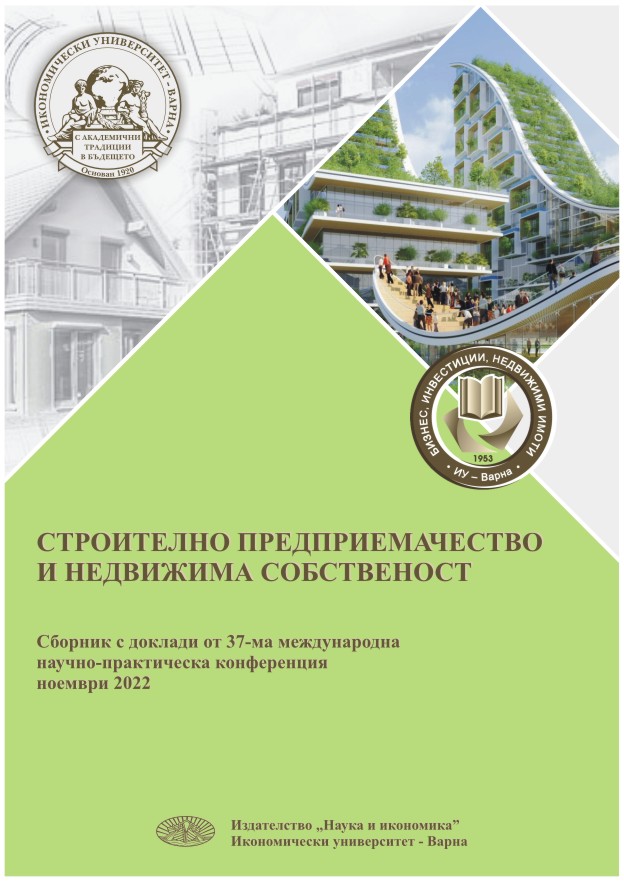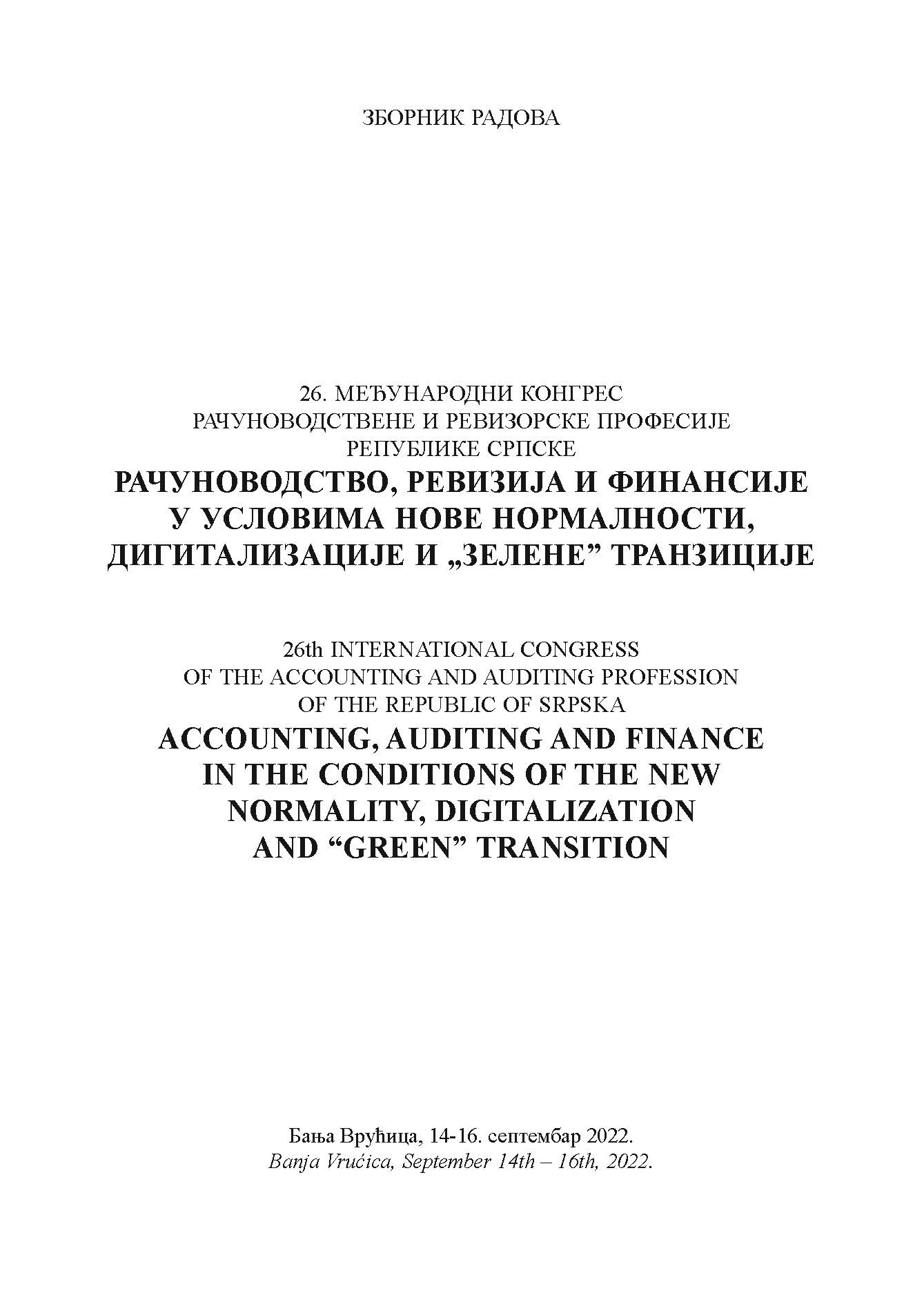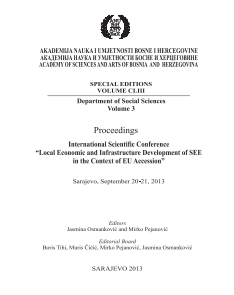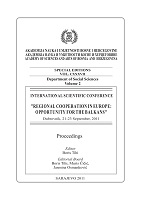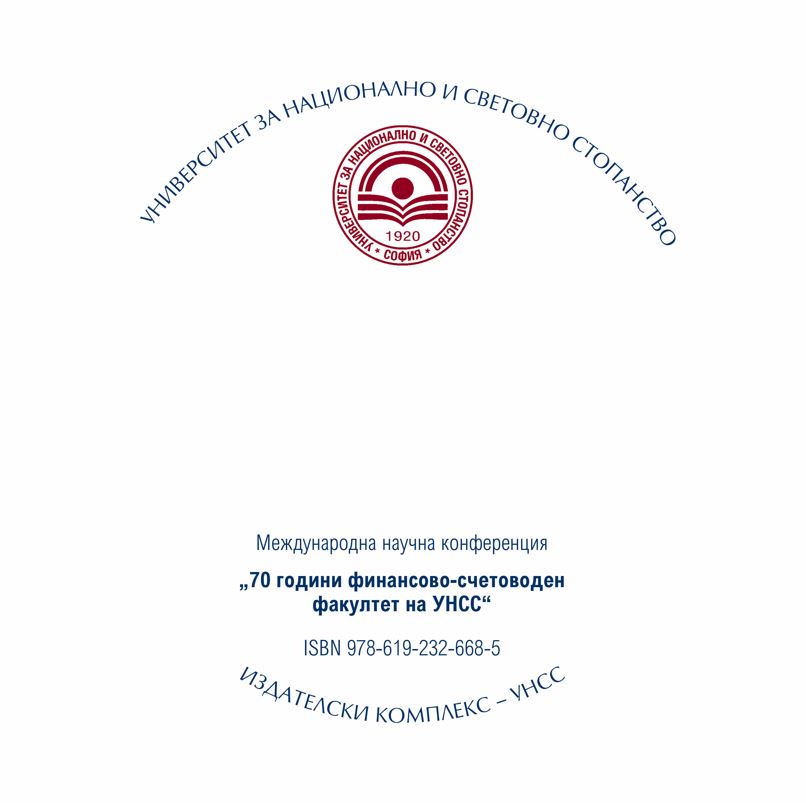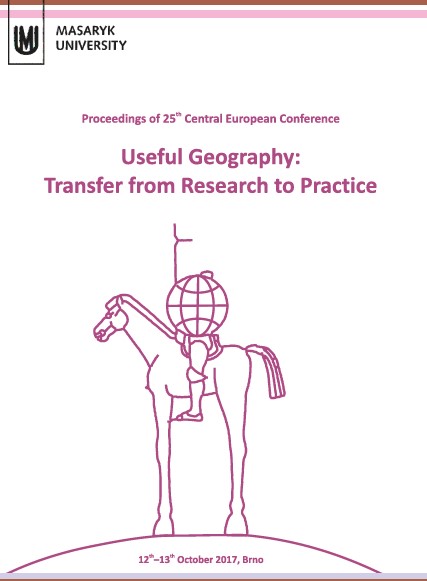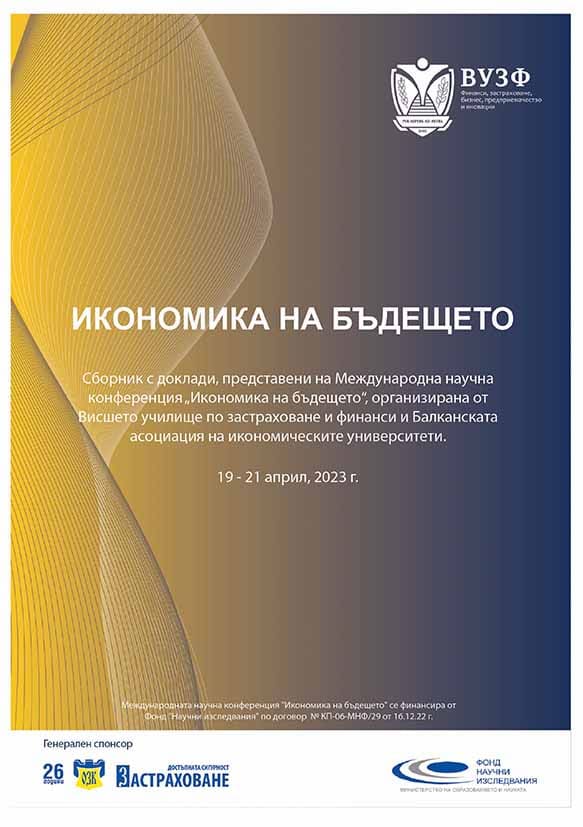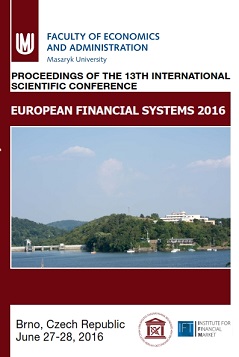
Investment in Renewable Energy Technologies from the Perspective of Polish Venture Capital Funds
In the recent years ambitious targets to increase the share of renewable energy and reduce greenhouse gas emissions have been adopted by governments around the world. Variety of policies have been introduced. The question is what is the business potential and market response to that. This article adds a new perspective to the debate of business potential of investments in renewable energy sector. The aim of the paper is to focus on the venture capitalist interested in the new clean technology development and its diffusion. We analyze venture capitalists’ perception of investing in projects from that sector, possibilities of financing and barriers that they meet in the process. We conducted survey and field study with managers of private equity funds from Poland. Our research results show that in the overall business history of the surveyed entities 67% of funds invested in projects related to renewable energy sector. In order to assure specific competencies for investing in renewable energy sector they were using external experts in most cases or past experience. If they specialize in the RE sector investments they were likely to employ their own experts in the investment department While main reason for not investing in that sector was lack of competence, but also unstable situation in the sector.
More...
